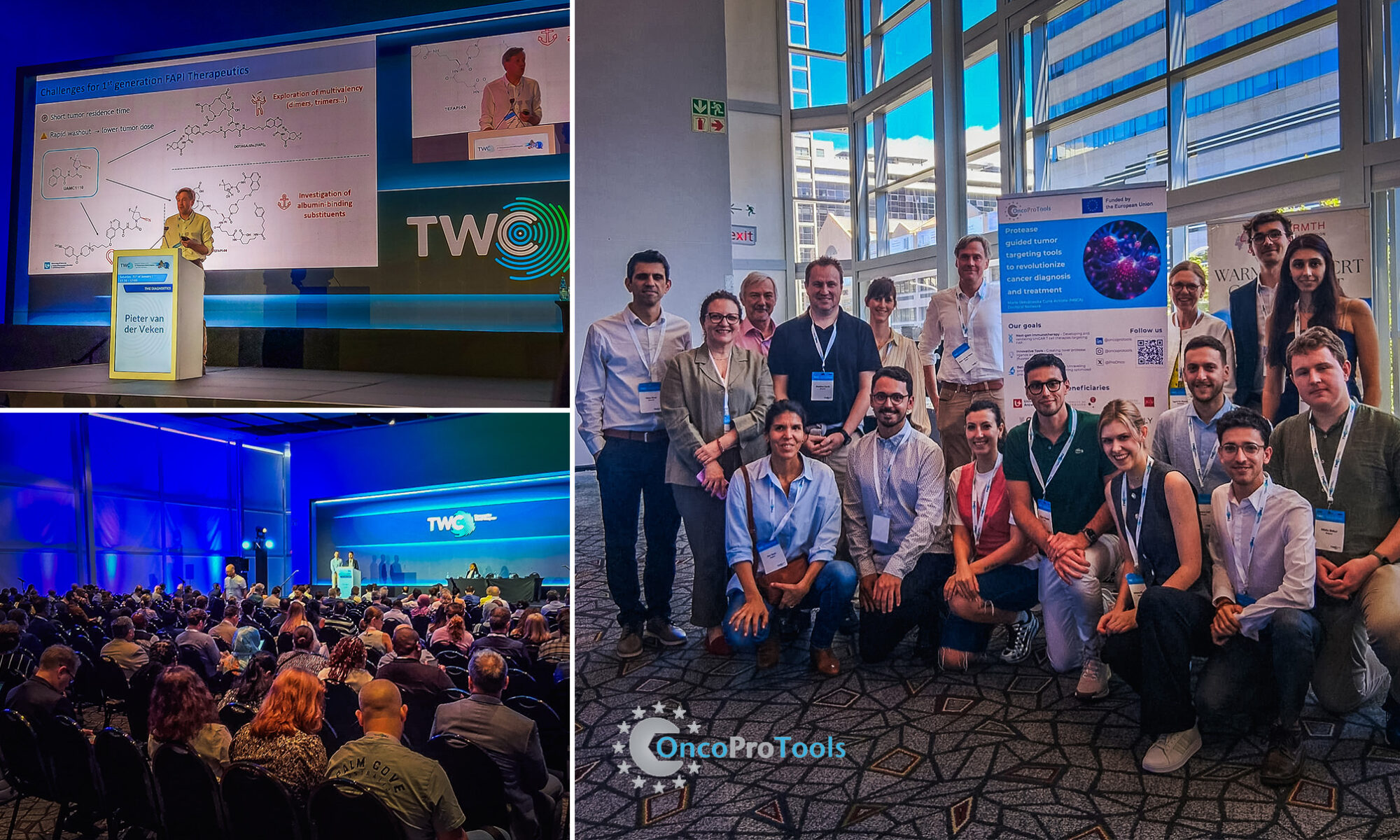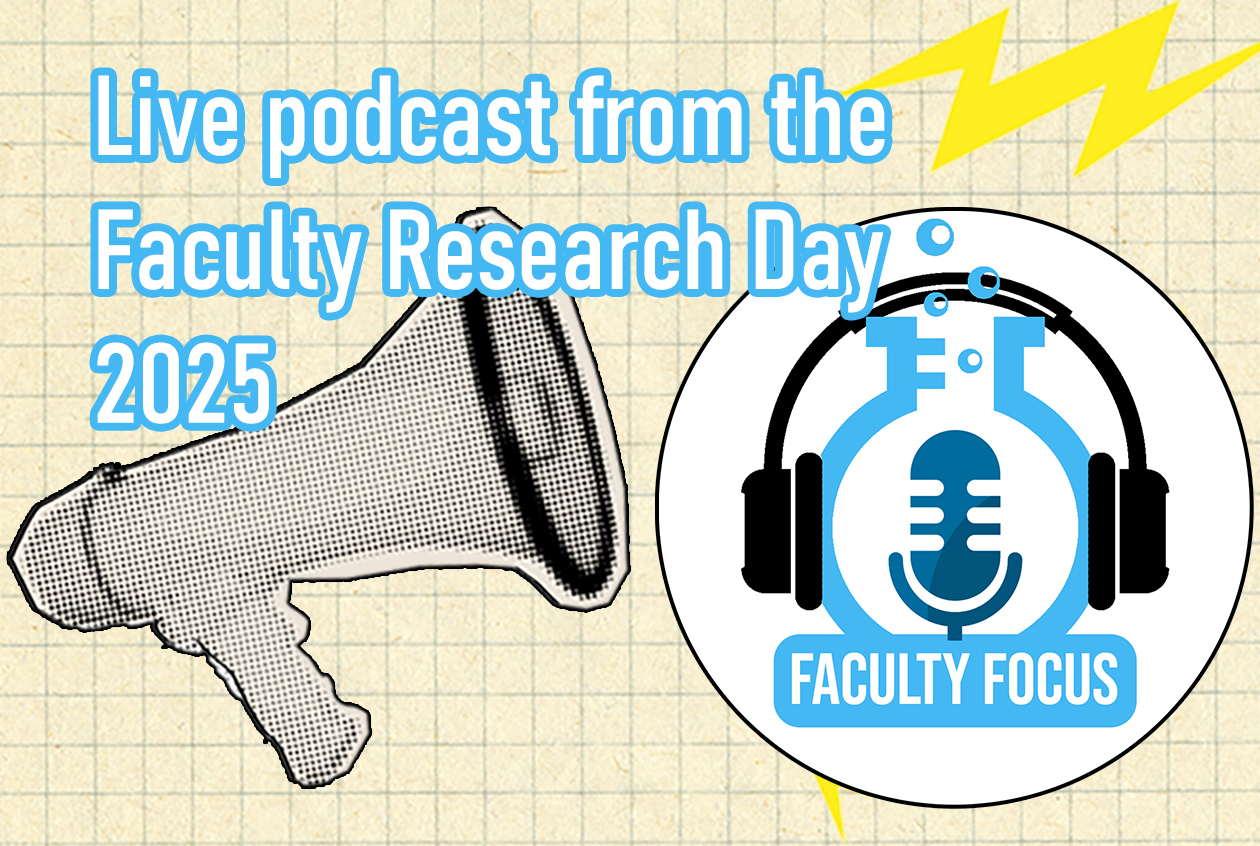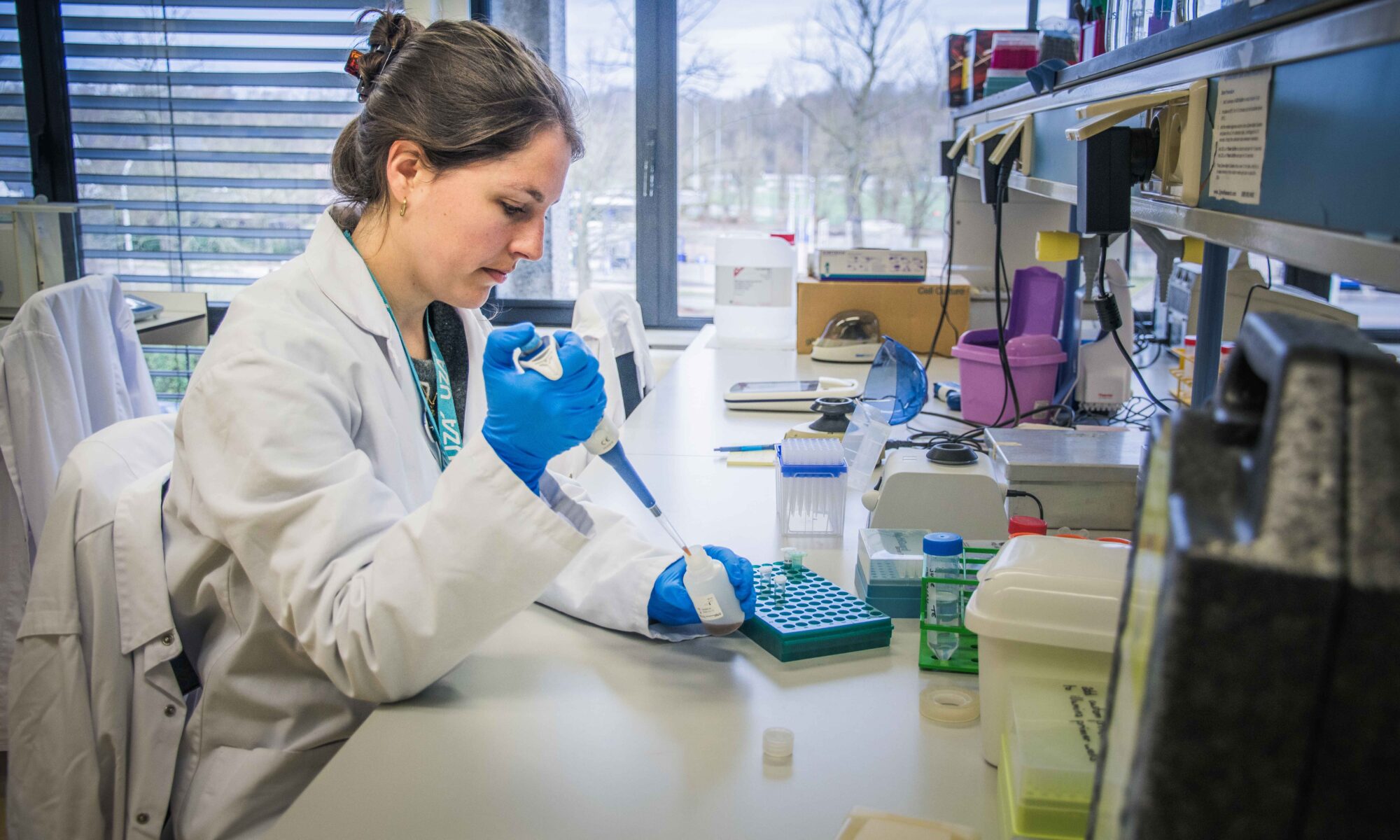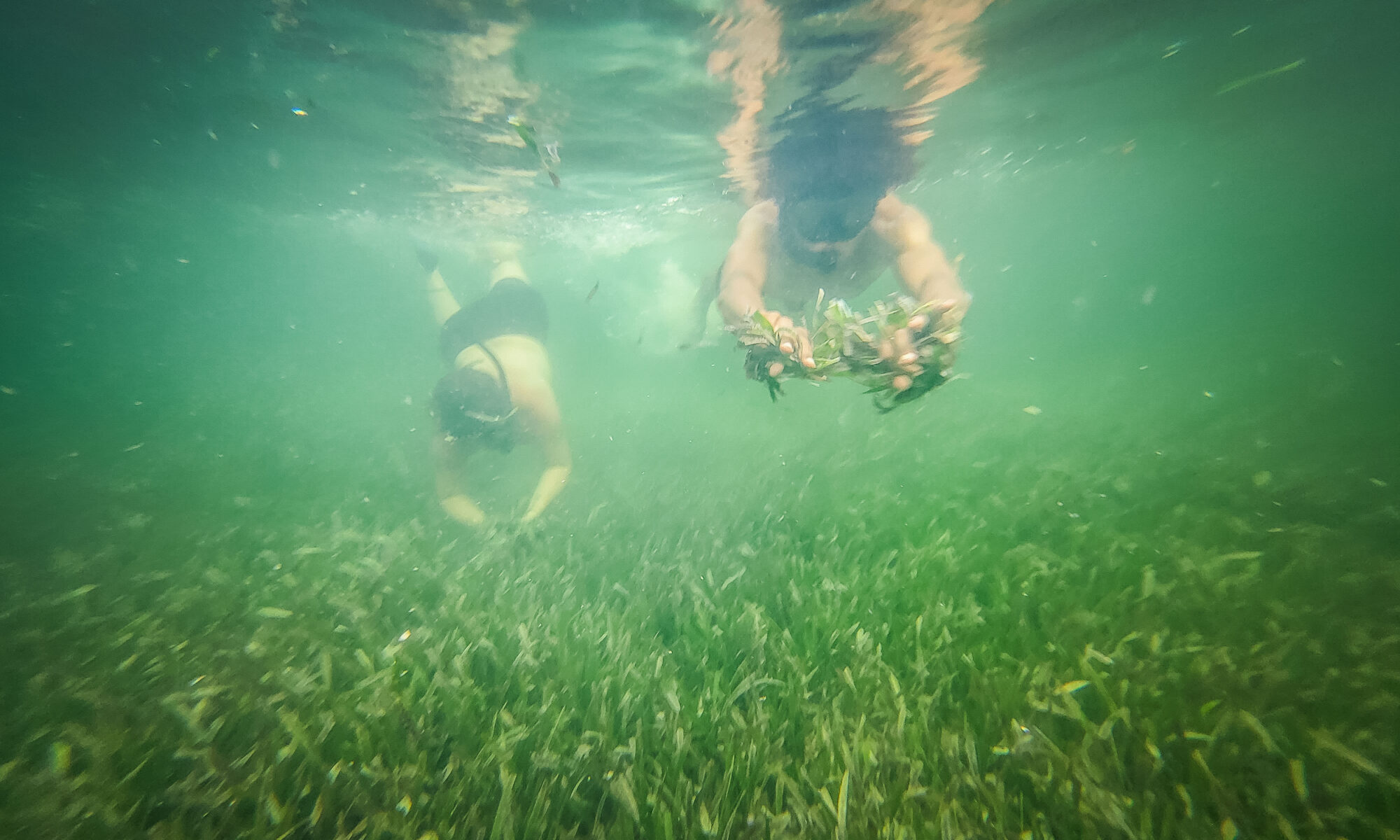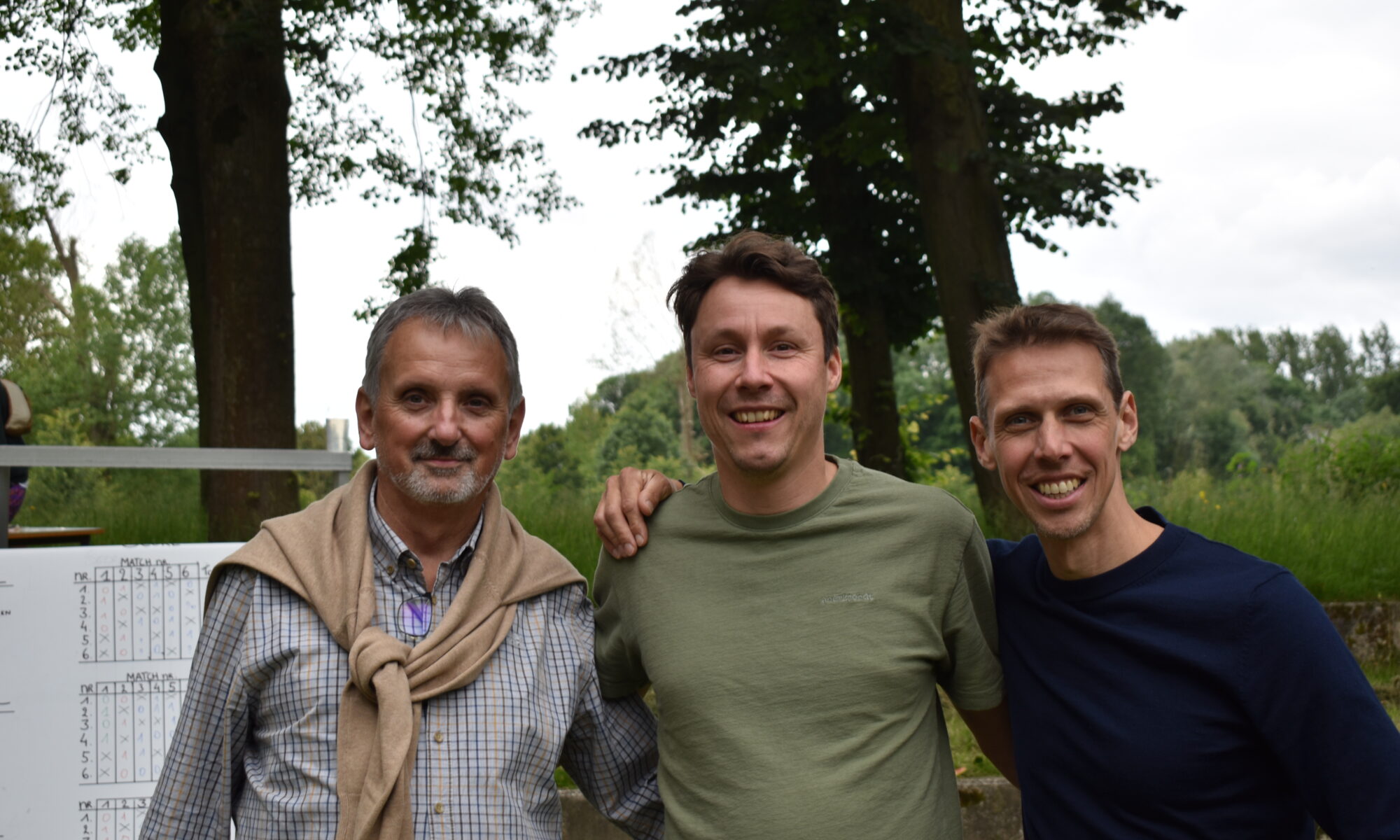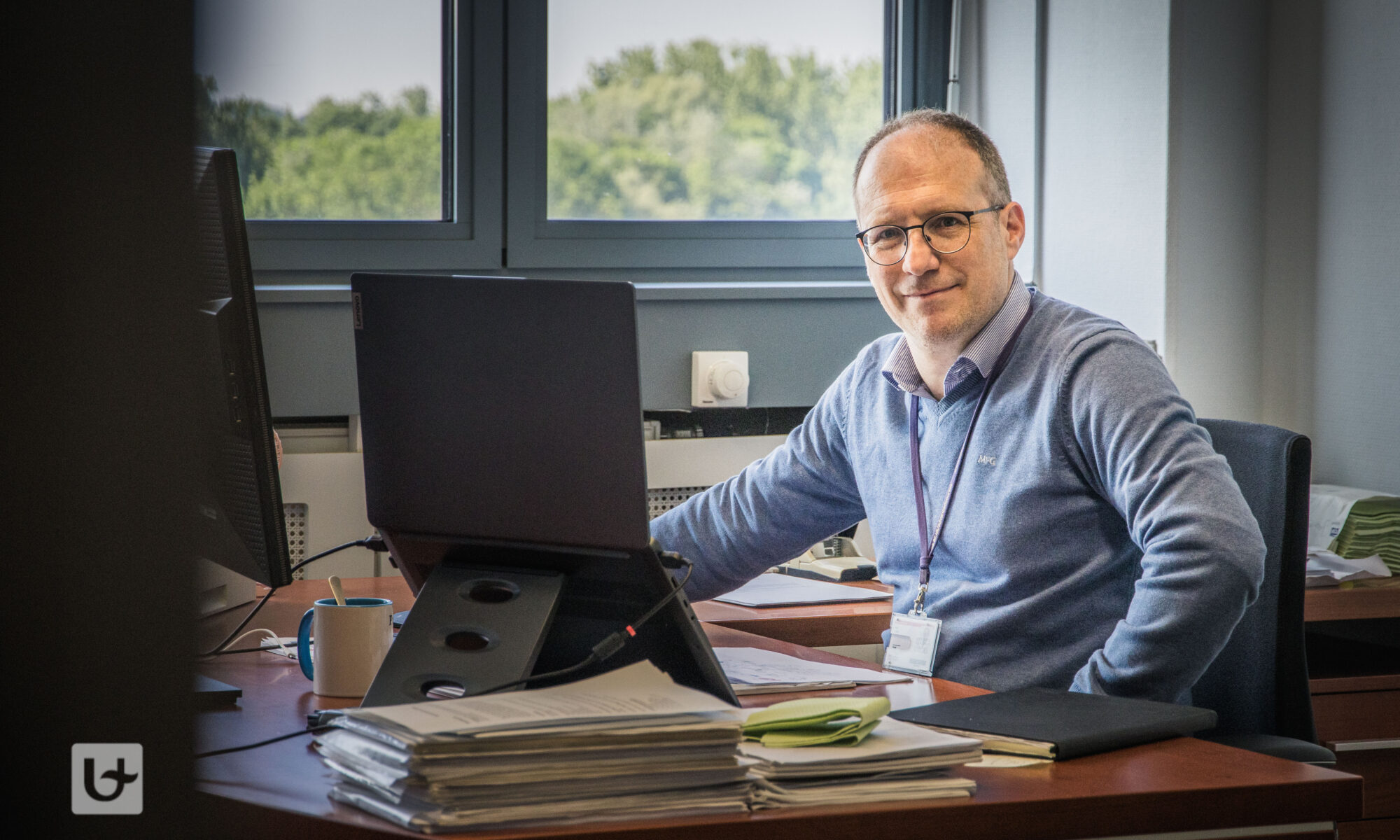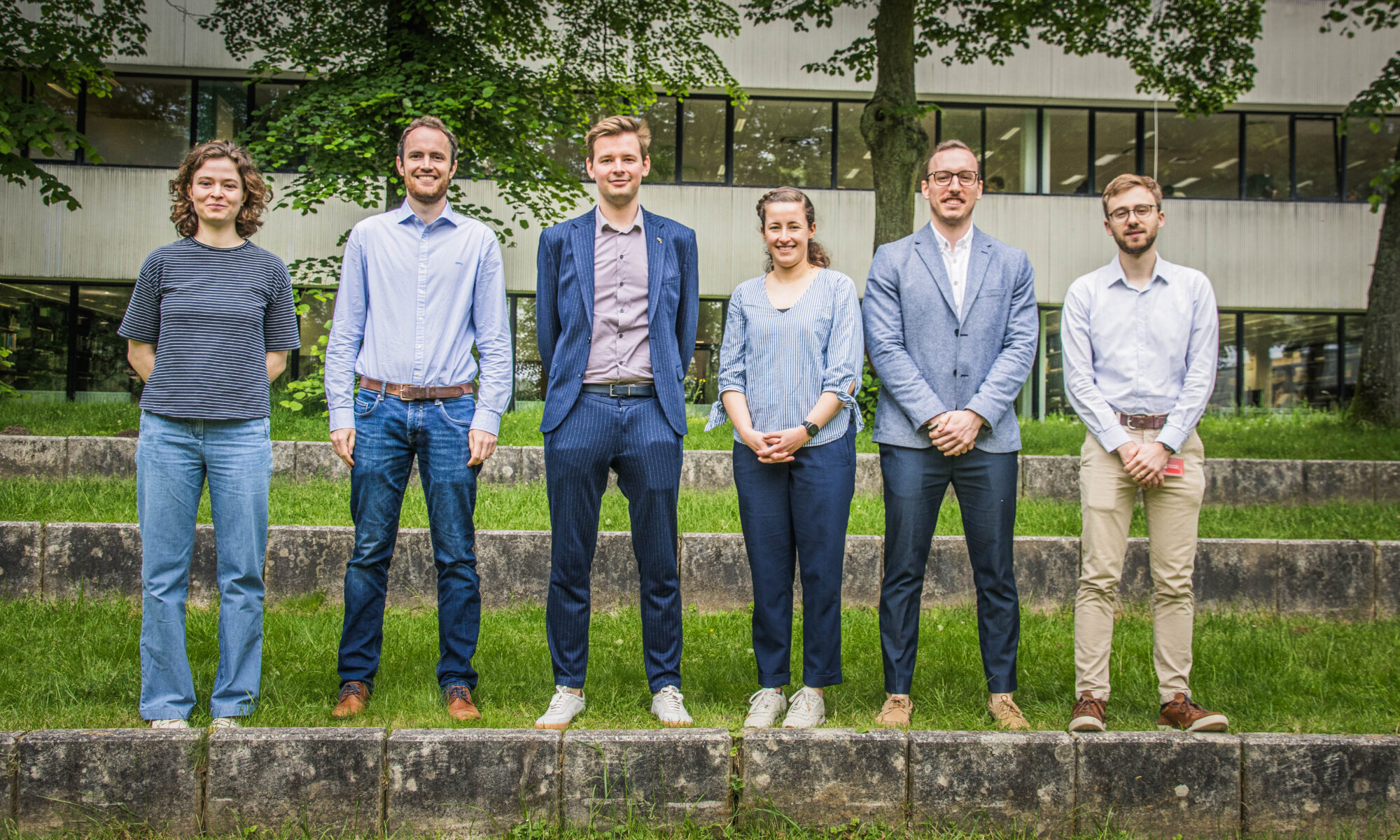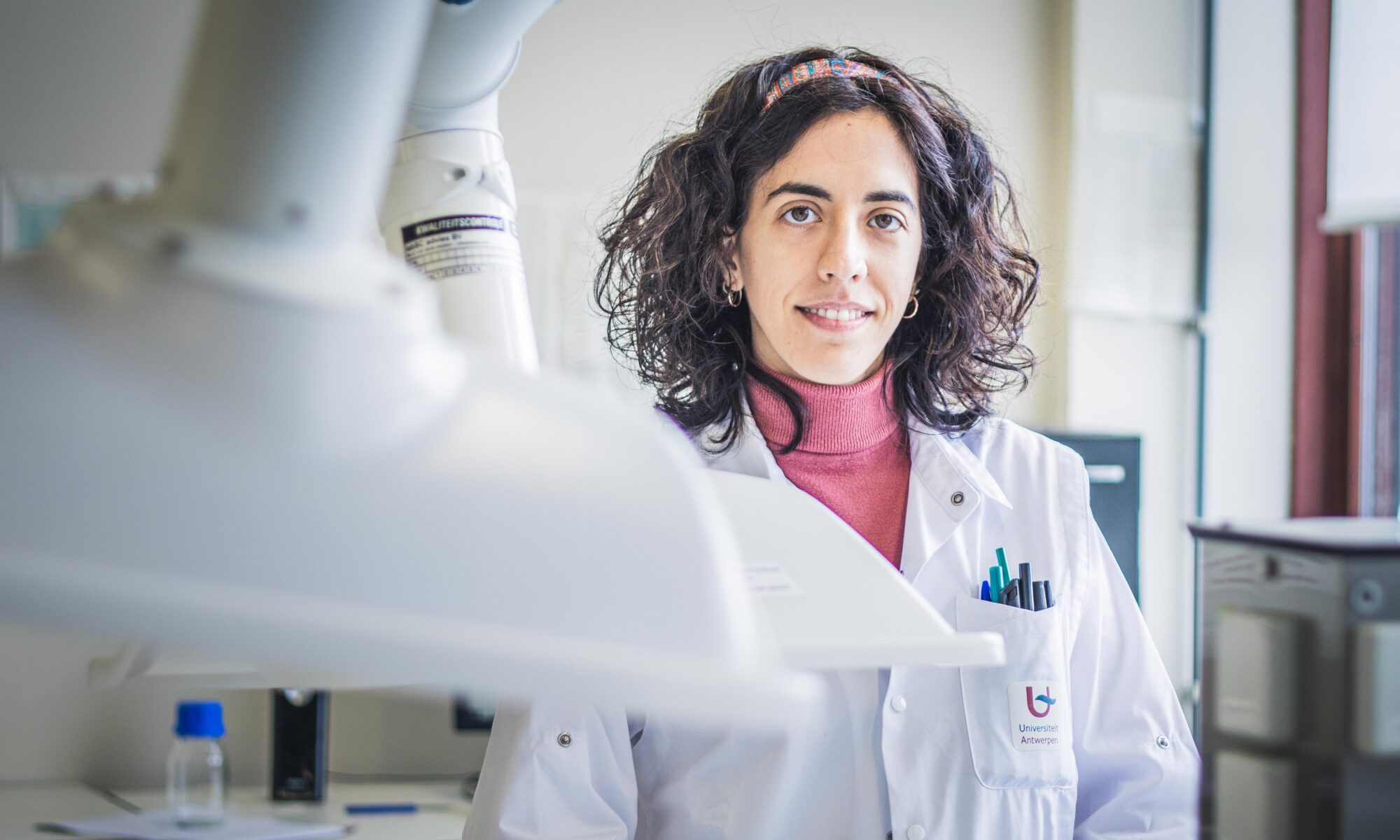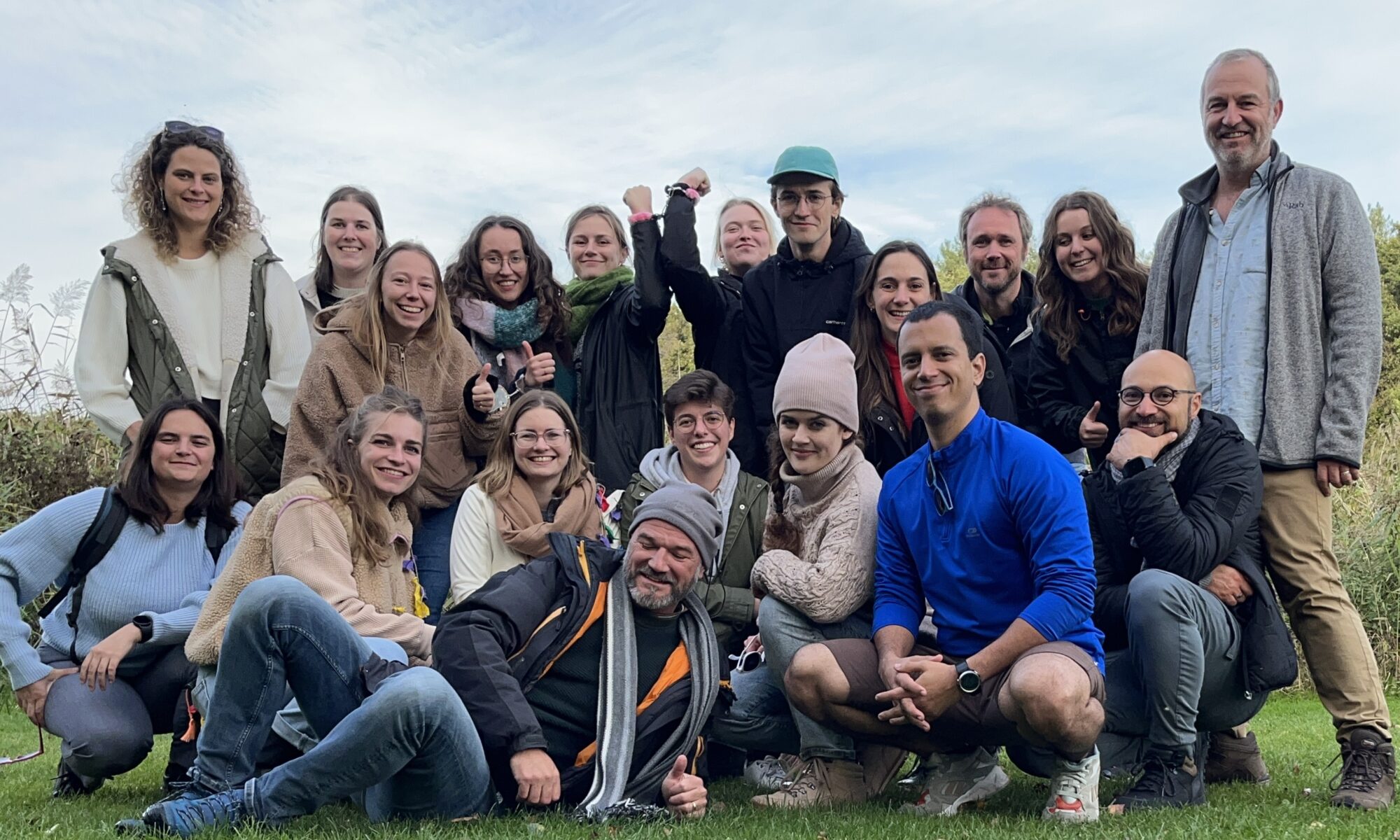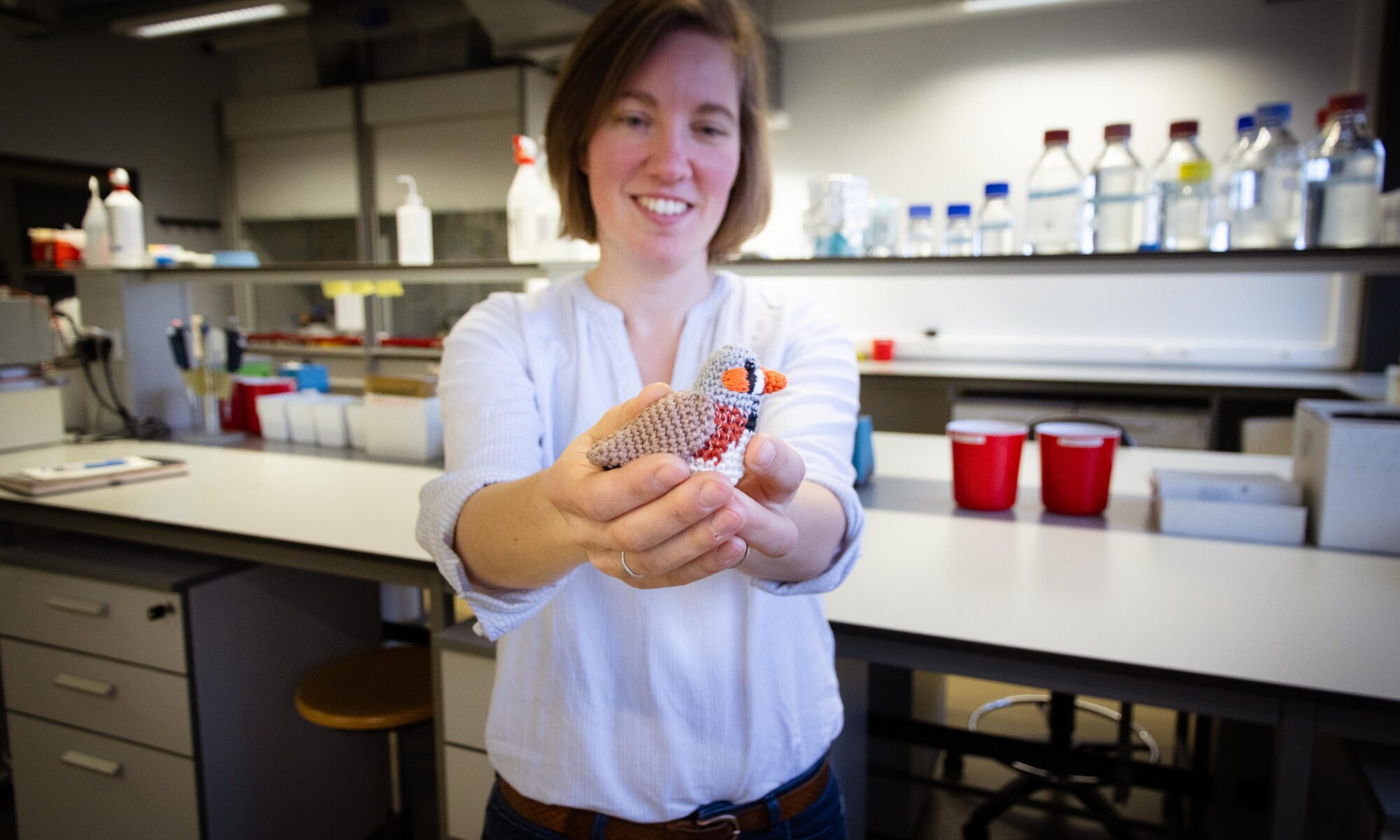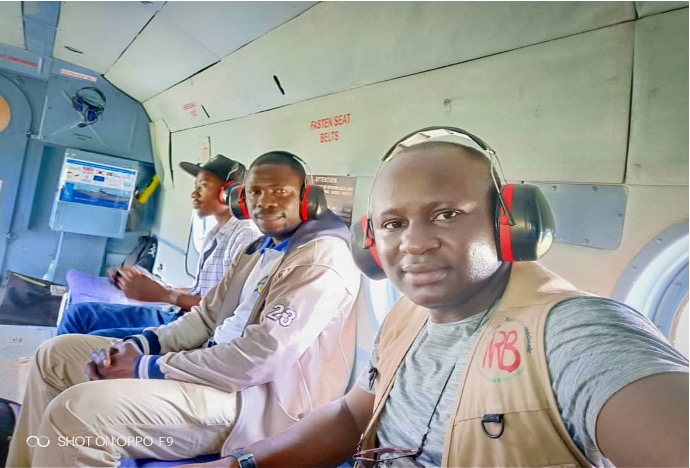This year the 8th Theranostics World Congress (TWC2026) was held in Cape Town, South Africa. The global scientific community gathered to reflect on advancing cancer diagnosis and therapy. The congress offered an excellent platform to share the result of the OncoProTools Doctoral Network, coordinated by the University of Antwerp.
Filter
During our annual Faculty Research Day, we highlight the research of our professors and PhD researchers. The Faculty Focus podcast was there as well to chat about their ongoing research.
Neuro-endocriene neoplasieën (NEN), soms wel de zebra’s onder de kankers genoemd, is een heterogene groep tumoren die nog te vaak onopgemerkt of verkeerdelijk gediagnosticeerd wordt. ‘Gemiddeld duurt het 5 tot 7 jaar vooraleer patiënten een correcte diagnose krijgen’, legt doctoraatsonderzoeker Laura Mariën uit.
Seas and oceans harbor countless undiscovered treasures. One of these is the seagrass Thalassia, specifically the species Thalassia testudinum. Long recognized for its ecological importance, this marine plant serves as a vital food source for creatures like sea turtles and plays a key role in protecting vulnerable Caribbean coastal ecosystems. Recently, scientists have discovered that Thalassia contains significant anti-carcinogenic compounds, capturing the attention of researchers and marine science biomedical institutes.
A new study by Dr. Peter Verstraelen, Prof. Jean-Pierre Timmermans and Prof. Winnok De Vos from the Laboratory of Cell Biology has revealed novel insights into how gut bacteria might influence our immune system and brain health.
Recent research by Prof. Guy Caljon and Dr. Laura Dirkx found that Leishmania parasites can enter a dormant state in bone marrow stem cells, making them resistant to drugs. This highlights the need for new treatments to target this phase and improve leishmaniasis management.
The Department of Pharmaceutical Sciences recently showcased the innovative research of its Ph.D. students during their annual departmental research day. This event highlighted a diverse array of projects, reflecting the department’s commitment to advancing scientific knowledge and improving public health.
Dr. Vanesa Nozal García, from Valladolid in Spain, works as a postdoctoral researcher at the University of Antwerp. Under supervision of Professor Pieter Van Der Veken in the Laboratory of Medicinal Chemistry, she researches Acute Myeloid Leukemia (AML) and focusses on a new methodology: targeted protein degradation.
As we celebrate this International Women’s Day, we’re excited to highlight the incredible women researchers of the University of Antwerp Cell Death Signaling lab, led by Prof. Wim Vanden Berghe, Prof. Tom Vanden Berghe, and Prof. Andy Wullaert. Their pioneering research explores the complex molecular mechanisms underlying cell death processes in various diseases, offering hope for therapeutic advancements in conditions ranging from cancer to neurodegenerative disorders.
Je hebt meer gemeen met een zebravink dan je op het eerste zicht zou denken. Wetenschapper in de biochemie Jolien Diddens onderzocht voor haar doctoraat aan de Universiteit Antwerpen het belang van DNA-methylatie bij het sluiten van de kritische periode waarin zebravinken hun zang leren. Jolien Diddens studeerde biochemie en biotechnologie aan de Universiteit Antwerpen waar ze in 2012 haar master behaalde. Datzelfde jaar begon Jolien aan haar doctoraat in het labo van prof. Wim Vanden Berghe.
Dr. Daniel Mukadi-Bamuleka is a medical virologist from the Democratic Republic of the Congo (DRC) with over ten years of experience in controlling epidemic diseases such as Ebola, Monkeypox, Measles, Chikungunya, Poliovirus, and HIV. He has been directly involved in coordinating laboratory responses for six Ebola virus disease outbreaks in the DRC, including the deadliest outbreak in the country’s history (2018-2020).
I’m Dr. Ayşe Candayan-Niron, an MSCA-funded postdoctoral researcher in the Molecular Neurogenomics Group. I research Charcot-Marie-Tooth disease, a group of rare inherited disorders affecting the peripheral nervous system. More than 100 genes and thousands of mutations can cause this disease, however approximately 35% of patients still lack a genetic diagnosis. My goal is to bridge this diagnostic gap by finding new genes that can lead to this pathology.

